The danger is that we are taking the agenda that is being set by those who are the political players, and by checking within it ignoring the things that are consequential that we ought to be debating, that to some extent exist in another world which is a world about what is desirable and good, and what the trade-offs actually are and how we should arbitrate those track trade-offs.
Archive (Page 3 of 3)
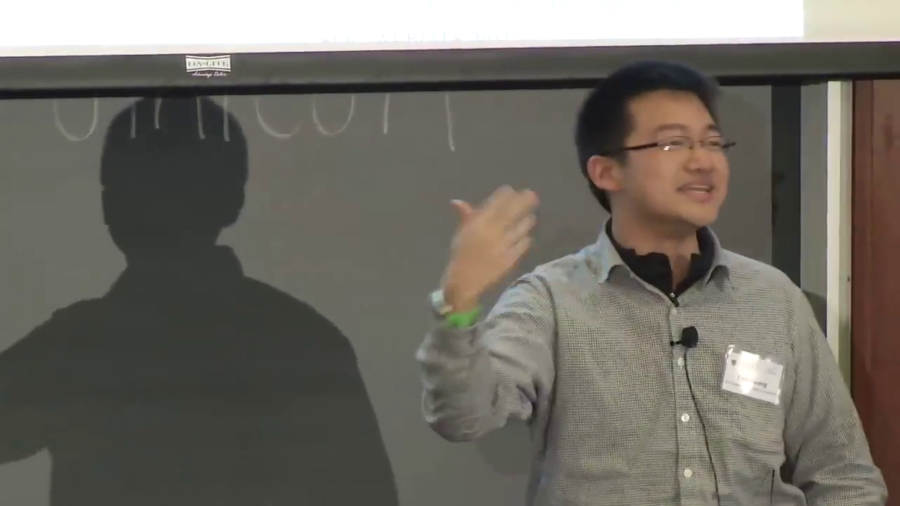
We identified a group of users on Twitter and we said as a coding challenge, like social battlebots, write a bot that will embed itself in this network and we will score you based on how well these bots are able to achieve some kind of social change, either in the pattern of connections between people or in the things that people talk about.
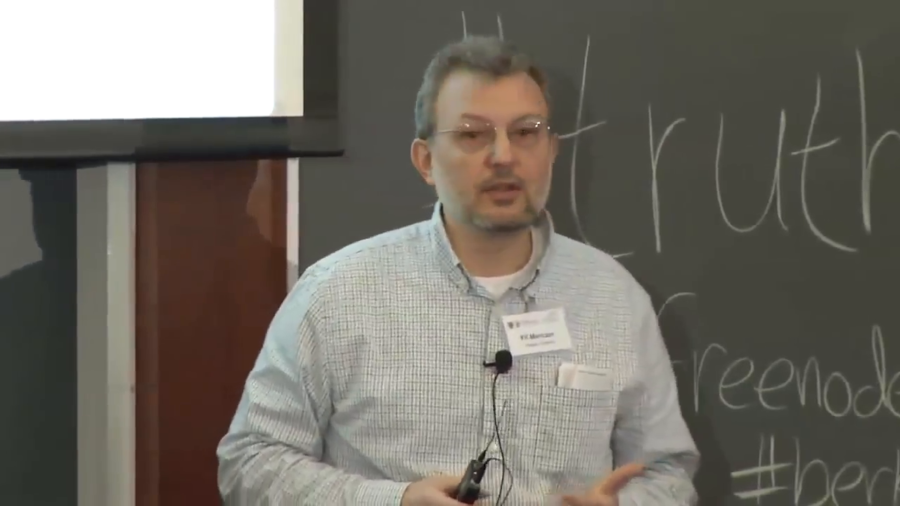
I’m here to tell you little bit about a few examples of truthy memes that we’ve uncovered with the system that we have online. It’s a web site where we track memes coming out of Twitter and we try to see if we could spot some signatures based on the networks of who retweets what, basically, and who mentions whom.
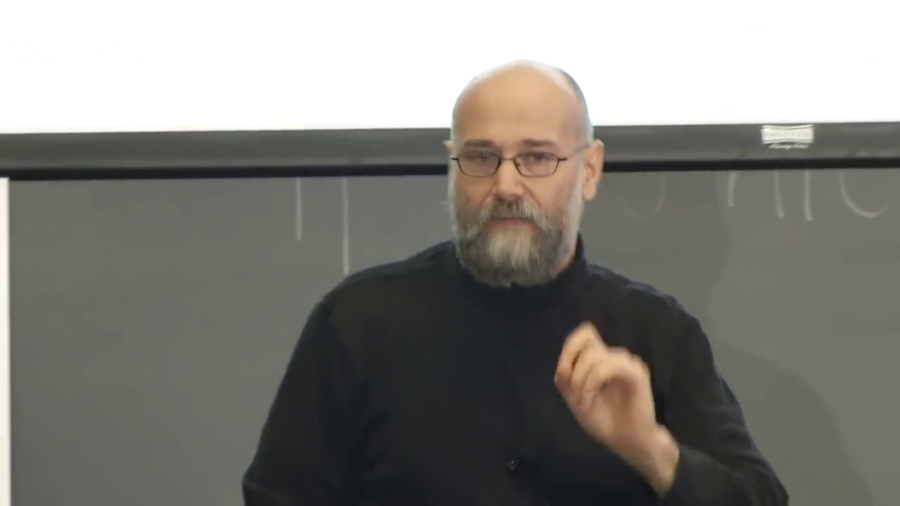
Bill Keller ends his story in the end in The New York Times Magazine as, “If Assange were an understated professorial type rather than a character from a missing Stieg Larsson novel, and if WikiLeaks were not suffused with such glib antipathy toward the US, would the reaction to the leaks be quite so ferocious?”
Good question. Who’s responsible? Half an article before, Keller says, “I came to think of Julian Assange as a character from a Stieg Larsson movie.
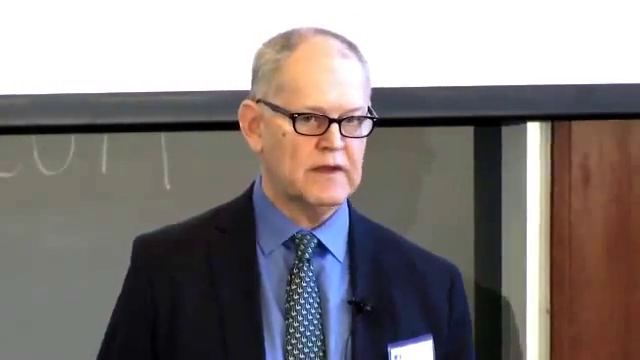
Today, because of the digital media, big companies are able to get their propaganda directly to their target audiences, as I was able to do. They can and they do publish and disseminate their own press releases, and their own studies, and their own position papers. All this means that the consumer is often, if not most of the time, at a big disadvantage.
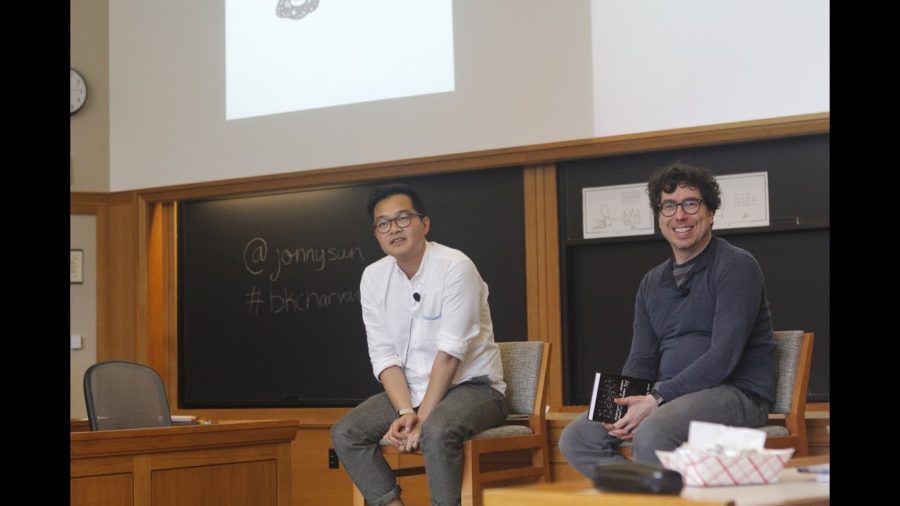
I think I kind of have floated through the world feeling like an outsider and feeling a bit like an alien, I guess. And along the way I’ve met so many other people who have felt like that too, and I think this is a celebration of that kind of diversity and of that kind of outsiderdom.

The Internet meme framework is a useful way to understand a certain range of object production, a certain sort of informal production that combines networked modes of production similar to shanzhai or the hat printing, with the global reach of the Internet and global shipping services as well. The ability to move bits and atoms with just as much ease and efficiency.
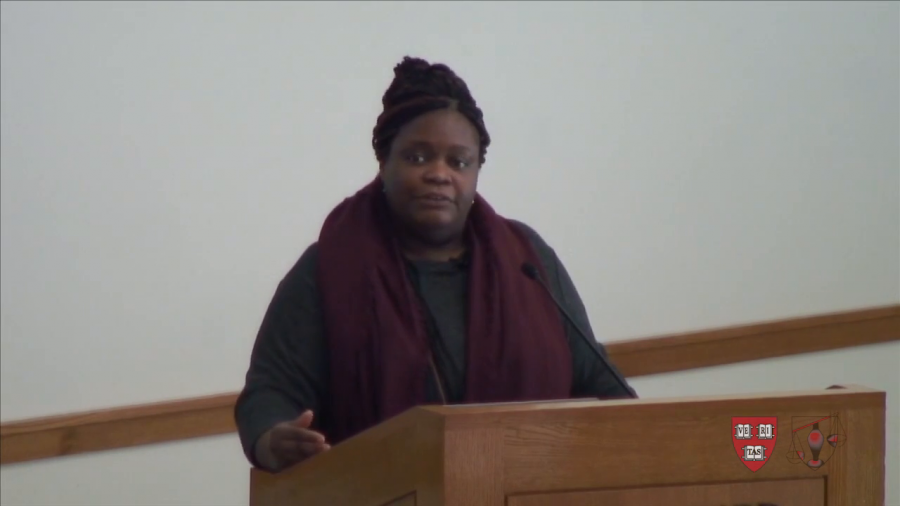
I think the part that engages students that are from underrepresented ethnic groups is missing. I think they don’t see themselves reflected, don’t see their interests or their cultures reflected, so they stay outside of it even if it’s free, or even if it’s something that is in their neighborhood.

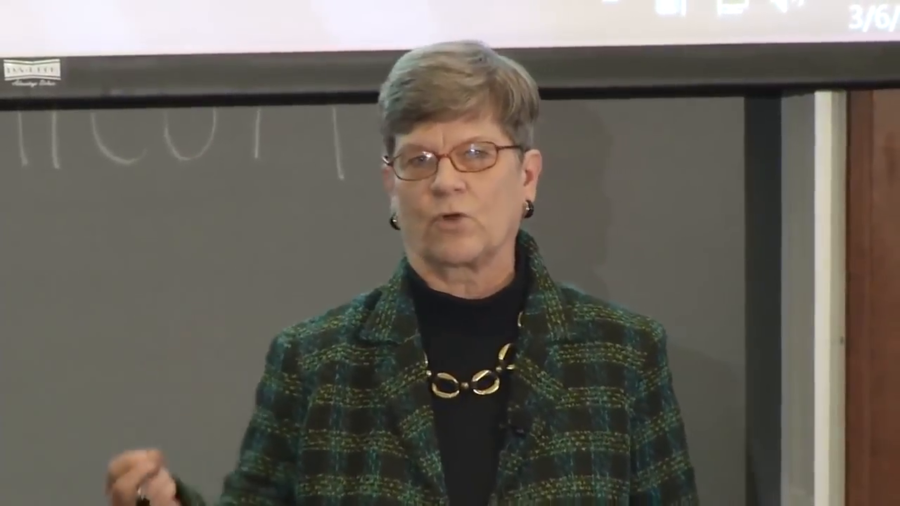
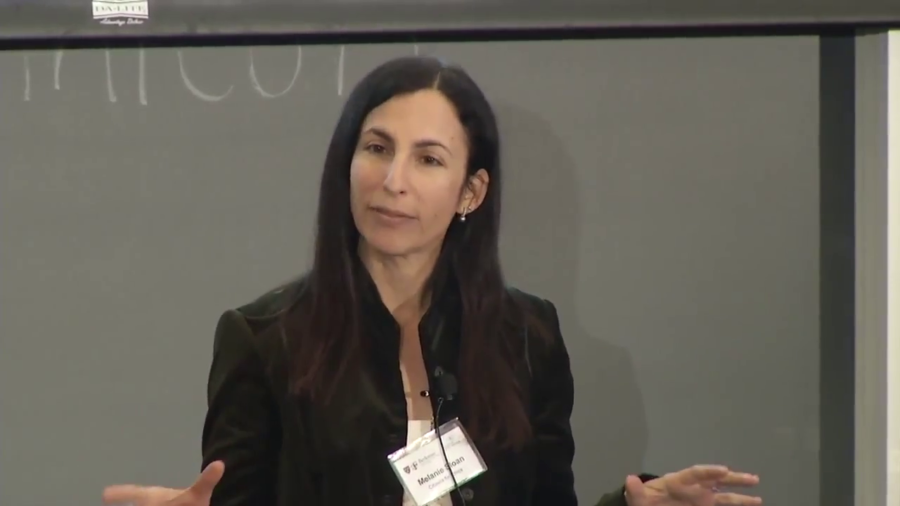
Emily Bell on Elusive Objectivity
This idea of control is so baked into the journalistic psychology that actually this articulation, done in a highly-controlled environment with an advertising agency, is one which even though it’s not new to the open Web is still very very very new to journalism. And what we don’t have at the moment is anything like a balancing investment in the kinds of things which allow us to participate in the crowd.